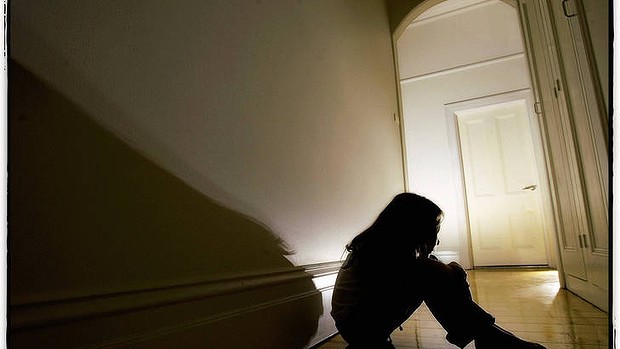Abuse: Ignore Past at Peril
By Robert Van Krieken
Interested parties have until Monday to comment on the terms of reference into the Royal Commission into Institutional Responses to Child Sexual Abuse. Having spent time in Ireland recently reflecting on how the issue was dealt with in the Ryan, Murphy and other inquiries there, there are several problems arising from the proposed terms of reference. It is still deeply problematic to focus entirely on sexual abuse without paying any attention to physical and emotional abuse. Everyone who works in this field knows how interlinked they are, and it's invidious to construct a ''hierarchy of abuse'', where some kinds of harm are treated as unworthy of attention. A second problem with the proposed terms of reference is they are almost entirely forward-looking. It will only be the testimony of witnesses that pulls the royal commission towards looking at how various institutions responded to child sexual abuse in the past. What's being proposed is the commission ''identify what public and private organisations and institutions should do to prevent child sexual abuse from occurring in their midst; what should be done by organisations and institutions when allegations are raised, and what can be done by the relevant institutions, organisations and government agencies to alleviate the impact of abuse that has already occurred''. The aims appear to be defined as identifying what needs to be done to prevent child sexual abuse, what procedures ought to be in place when allegations are raised, and what policy, legal, administrative or structural reforms might be required. These are all laudable objectives but to attain them it is important to understand how and why institutional child sexual abuse occurred, and what has been problematic about institutional practices and procedures up to now. It's hard to know what to fix unless you know what's broken. It's a bit like framing the Bringing them Home inquiry as being about what needs to be done to prevent indigenous children from being removed from their families now and in the future, without paying any attention to the philosophies, policies and procedures which underpinned their removal. No one could argue the provision of counselling for the victims of the abuse, and the prevention of repetition ought to be a core outcome of the commission. But some sort of reckoning with previous practices needs to be part of the its terms of reference, too. Without that, it is looking dangerously like victims' experiences of harm and injustice are being treated as ''water under the bridge''. One of the central problems with the Irish inquiries was that the relevant institutions placed a much higher priority on secrecy, their own reputations, the avoidance of scandal, and the preservation of their assets. The Catholic institutions in particular had a lofty disregard for civil law, and saw themselves answerable only to a very particular interpretation of canon law. The future orientation of these proposed terms of reference show a remarkable consistency with how the Catholic Church has responded to the issue, placing all the emphasis on what is to happen from this point, perhaps apologising profusely, but never paying close attention to what it was about its own structure, procedures and organisational culture that allowed such predatory sexual behaviour to flourish. If this is not confronted, there is a strong possibility any ensuing reforms will be made on the presumption that the institution is more important than the individual harmed and damaged by its operation. The royal commission needs to examine the systems of management, administration, supervision, inspection and regulation of the institutions. It also needs to look at the manner in which responsible persons executed their functions, contributed both to the occurrence of the abuse and any deficiencies in the response to the abuse. A clear view of how child sexual abuse is to be prevented and responded to will be difficult, perhaps impossible, to achieve without a well-founded understanding of what it was about the institutions responsible for the welfare of children that made it possible for so many to have suffered such traumatic childhoods. This may turn out to be Abbott's royal commission, but with these terms of reference it is panning out to be exactly that, in more ways than one. Professor Robert van Krieken is chairman of the department of sociology and social policy at the University of Sydney.
|
.
Any original material on these pages is copyright © BishopAccountability.org 2004. Reproduce freely with attribution.
